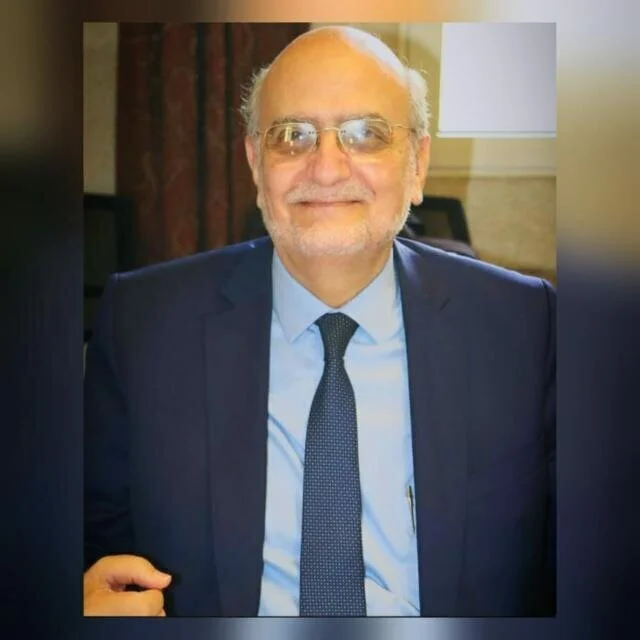A Prayer for Unity
Dr. Michel E. Abs
Secretary General of the Middle East Council of Churches
The week of January 18-25 of each year is the Week of Prayer for Christian Unity. This is a tradition that has become part of the Christian year, and the Church of Christ around the world participates in it.
The premise of this matter is a feeling among Christians that the Church has been fragmented to the utmost and that its sons have become discordant and at odds, not united by the “Word” and His commandment.
In this the above assertion, there is a misreading of things and an approach that needs to be corrected.
Needless to say, that by the very fact that the Christian faith has spread in many an area in the world, it has consequently been molded by different cultural, organizational and even political forms.
Each and every entity that has espoused the Christian Faith has clothed it with a different cultural even ethnic or political attire, in an attempt to "own" it and make it part of its specific civilization.
Christianity has thus been imprinted by various cultural and civil forms, and this to such an extent that some pre-Christian beliefs have crept into it through the popular practices of those who have embraced the Christian credence. Students of anthropology find such differences visible and yet sometimes hidden within people's beliefs and traditions.
But what should be mentioned in this context is that, despite the universal spread of Christianity and its diversity, the foundations on which Christian doctrinal practices were based remain the same, and what was obtrusive has been discarded from the context of the Christian dogma.
It would be a misapprehension to say that Christianity is just replicated institutions and practices, as this would be going against a correct understanding of its principles and basic values. For when the Master told His disciples to go and preach to all nations, He knew with certainty that there were “nations,” as well as cultures, to whom the message of love and forgiveness must be conveyed, in their own native languages, mentalities, customs and traditions. Christianity did not refrain from espousing different forms and practices in accordance with different environmental conditions.
The truth is that Christianity is one in diversity and diverse in unity, able to convey its values and behavioral treasures to all civilizations, with each civilization giving it its specific character.
In this context comes the week of prayer for unity. The children of the same faith merge their diversity in order to ensure that the basic message remains the same. Even choosing the beginning and end dates of the week are symbolic within the path of the spread of the Christian faith. The 18th of the month is the day of St. Peter's declaration of his faith, and the 25th of the month is the date of St. Paul's conversion to Christianity.
In the current year, 2022, the Middle East, through its Council of Churches, constitutes a focal point in the Week of Unity. This matter has been explained and clarified in various articles and interventions, to which there is no way to return to here. Moreover, the topic that has been chosen for the week of prayer is “We saw His Star in the East, and we came to worship Him” (Matthew 2:2). This has been clearly expounded through various interventions made as well as through various articles written by my colleagues as well as by myself, perhaps without however our having given such a topic the importance and interpretation it fully deserves.
During this week, the churches of the world will pray in unison to the Incarnate Lord, jointly with the churches of the Middle East, affirming their unity in belief, values and practices.
Churches will jointly tell the whole of humanity that the Master's message will always remain rooted in His Commandments and that their pledge of allegiance to Him will endure as long as the universe tarries, united in their diversity and diverse in their unity, radiating light and hope for a better future for humankind.

